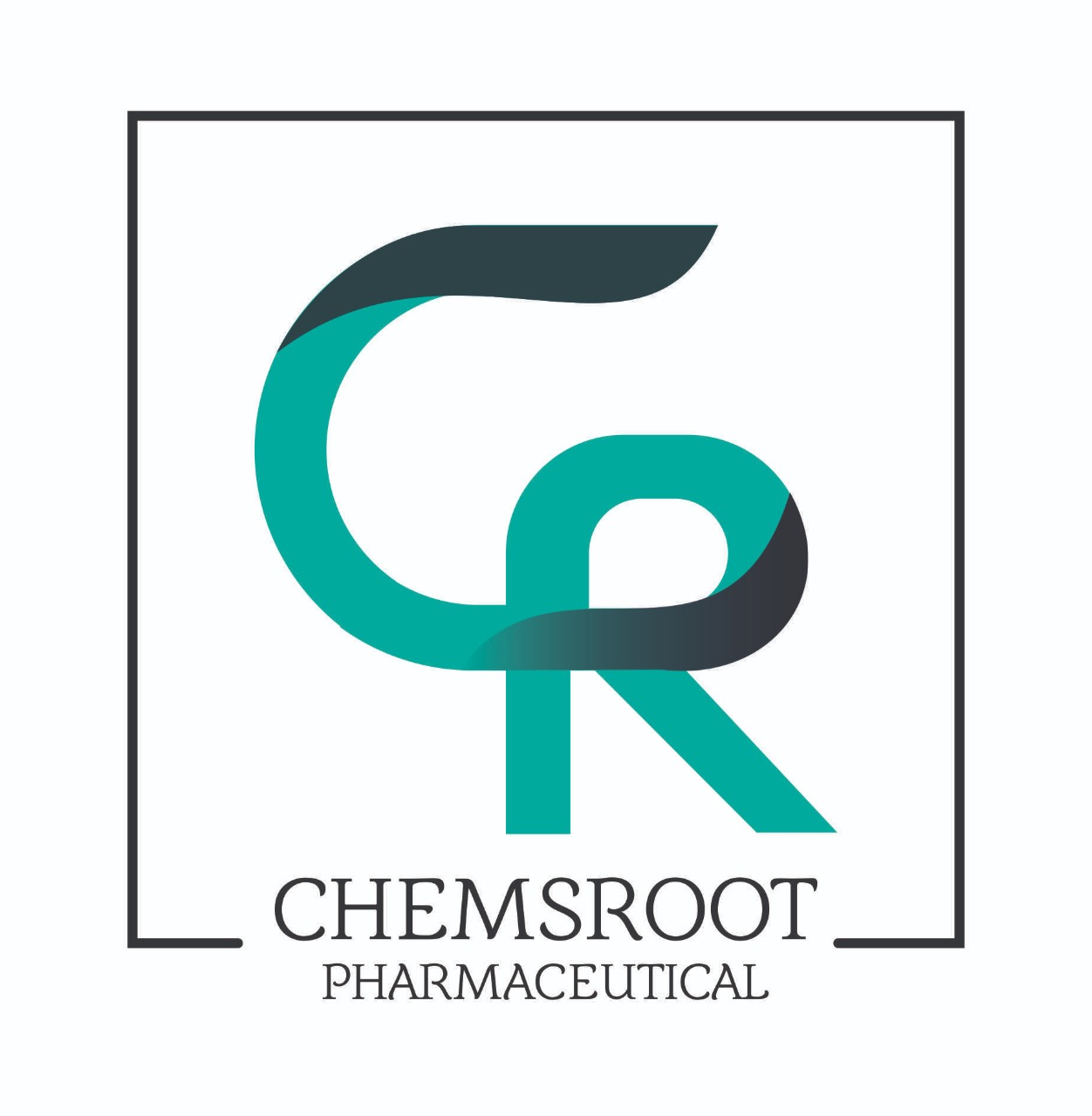20 Facts about the Pharmaceutical Industry Post AI Revolution
AI Unleashed: Revolutionizing the Pharmaceutical Industry
April 28, 2024The Essential Guide to Pharmaceutical Supply Chain Resilience in 2024
May 19, 202420 Facts about the Pharmaceutical Industry Post AI Revolution: Transforming Healthcare
Introduction:
The pharmaceutical industry has undergone a profound transformation with the advent of Artificial Intelligence (AI). AI-powered technologies have revolutionized drug discovery, clinical trials, personalized medicine, and many other aspects of healthcare. In this article, we will explore ten key facts about how AI is reshaping the pharmaceutical landscape.

- Personalized Medicine: One of the most significant impacts of AI in the pharmaceutical industry is the advancement of personalized medicine. By leveraging AI algorithms to analyze vast amounts of patient data, including genomic information, lifestyle factors, and medical history, healthcare providers can tailor treatments to individual patients. This approach improves treatment efficacy, reduces adverse reactions, and enhances patient outcomes.
- Drug Discovery Acceleration: AI has dramatically accelerated the drug discovery process. Traditional methods of drug discovery are time-consuming and costly, with high rates of failure. AI algorithms can analyze massive datasets to identify potential drug candidates, predict their efficacy, and optimize their chemical structures. This enables pharmaceutical companies to bring new drugs to market faster and more efficiently than ever before.
- Precision Drug Manufacturing: AI is also revolutionizing drug manufacturing processes. By implementing AI-driven optimization techniques, pharmaceutical companies can improve the quality and consistency of their products while reducing production costs and minimizing waste. This enables them to deliver high-quality medications to patients at lower prices.
- Enhanced Clinical Trials: AI-powered analytics are transforming the clinical trial process. These algorithms can analyze patient data to identify suitable candidates for clinical trials, optimize trial designs, and predict patient outcomes. By streamlining the clinical trial process, AI is helping pharmaceutical companies bring new drugs to market faster and more cost-effectively.
- Drug Repurposing: AI algorithms are being used to identify existing drugs that have the potential to treat new diseases or conditions—a process known as drug repurposing. By analyzing molecular structures, biological pathways, and clinical data, AI can identify promising candidates for repurposing, accelerating the discovery of new treatments.
- Real-time Disease Surveillance: AI is playing a critical role in disease surveillance and outbreak detection. By analyzing vast amounts of health data from various sources, including electronic health records, social media, and internet searches, AI algorithms can detect disease outbreaks in real-time. This enables public health officials to respond quickly and effectively to emerging health threats.
- Predictive Analytics for Market Trends: AI-powered predictive analytics are helping pharmaceutical companies anticipate market trends and optimize their supply chain and distribution strategies. By analyzing sales data, patient demographics, and other factors, AI algorithms can predict market demand, identify emerging trends, and inform strategic decision-making.
- Virtual Drug Screening: AI-powered virtual screening platforms are revolutionizing the drug discovery process. These platforms use machine learning algorithms to analyze millions of chemical compounds and predict their potential to interact with specific biological targets. By rapidly screening large chemical libraries, AI is accelerating the identification of promising drug candidates.
- Drug Safety Prediction: AI algorithms can predict potential adverse drug reactions by analyzing patient data and drug characteristics. By identifying safety risks early in the drug development process, AI is helping pharmaceutical companies improve the safety profiles of their medications and reduce the risk of unexpected side effects.
- Patient Engagement and Adherence: AI-driven healthcare apps and virtual assistants are improving patient engagement and medication adherence. These apps can provide personalized treatment recommendations, deliver medication reminders, and offer educational resources to help patients better manage their health. By empowering patients to take an active role in their healthcare, AI is improving treatment outcomes and reducing healthcare costs.
- Genomic Medicine Advancements: AI enables the analysis of genomic data on a large scale, facilitating the discovery of genetic markers associated with disease risk and treatment response, paving the way for more targeted therapies.
- Biomarker Identification: AI algorithms identify biomarkers that indicate disease progression or treatment response, enabling early diagnosis, personalized treatment plans, and improved patient outcomes.
- Drug Design Optimization: AI algorithms optimize the design of new drugs by predicting their interactions with biological targets and optimizing their chemical structures for improved efficacy and safety.
- Pharmacovigilance: AI enhances pharmacovigilance efforts by analyzing real-world data to identify potential safety issues with medications, enabling proactive risk management and regulatory compliance.
- Drug Formulation Optimization: AI-driven approaches optimize drug formulations for improved stability, bioavailability, and patient acceptability, leading to more effective and convenient treatment options.
- Regulatory Compliance Support: AI assists pharmaceutical companies in navigating complex regulatory requirements by automating compliance processes, ensuring adherence to quality standards and regulations.
- Medical Image Analysis: AI algorithms analyze medical images to aid in diagnosis, treatment planning, and disease monitoring, improving the accuracy and efficiency of medical imaging workflows.
- Drug Pricing Optimization: AI analyzes market dynamics, payer trends, and patient demographics to optimize drug pricing strategies, ensuring affordability and accessibility for patients while maximizing revenue for pharmaceutical companies.
- Drug Resistance Prediction: AI predicts the emergence of drug-resistant strains of pathogens by analyzing genomic data and epidemiological trends, informing the development of new antimicrobial agents and treatment strategies.
- Continuous Learning and Improvement: AI systems continuously learn from new data and feedback, refining their algorithms and capabilities over time, driving ongoing innovation and improvement in pharmaceutical research and development.
Conclusion:
The AI revolution is transforming the pharmaceutical industry in profound ways. From personalized medicine to drug discovery and manufacturing, AI-powered technologies are revolutionizing every aspect of healthcare. By harnessing the power of AI, pharmaceutical companies can bring new drugs to market faster, improve patient outcomes, and ultimately save lives. As AI continues to evolve, its impact on the pharmaceutical industry will only grow, ushering in a new era of innovation and discovery in healthcare.
Contact Us:
Phone no.- 8699504069.
E-mail – chemsrootpharmaceuticals@gmail.com
